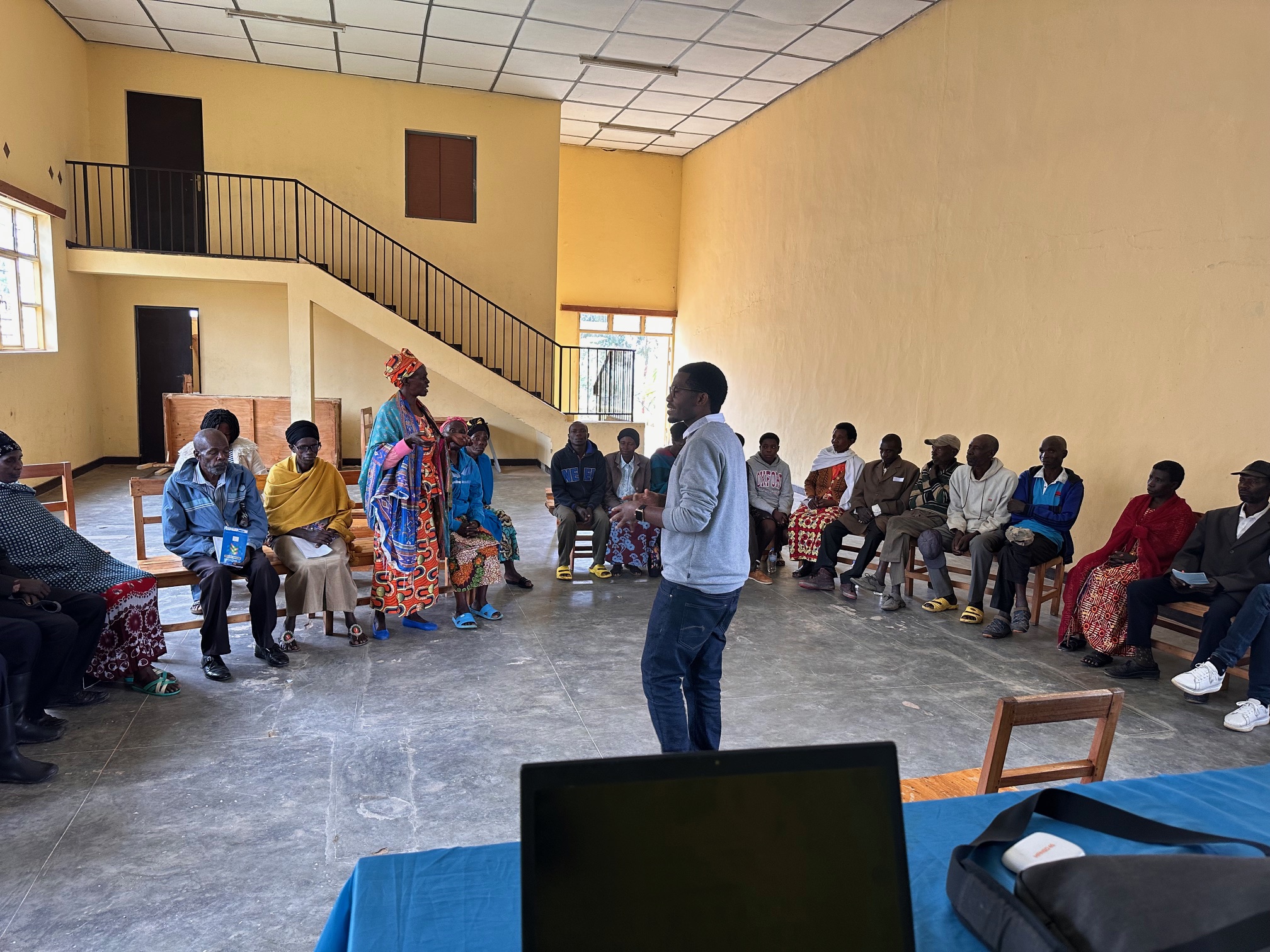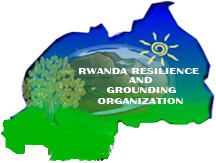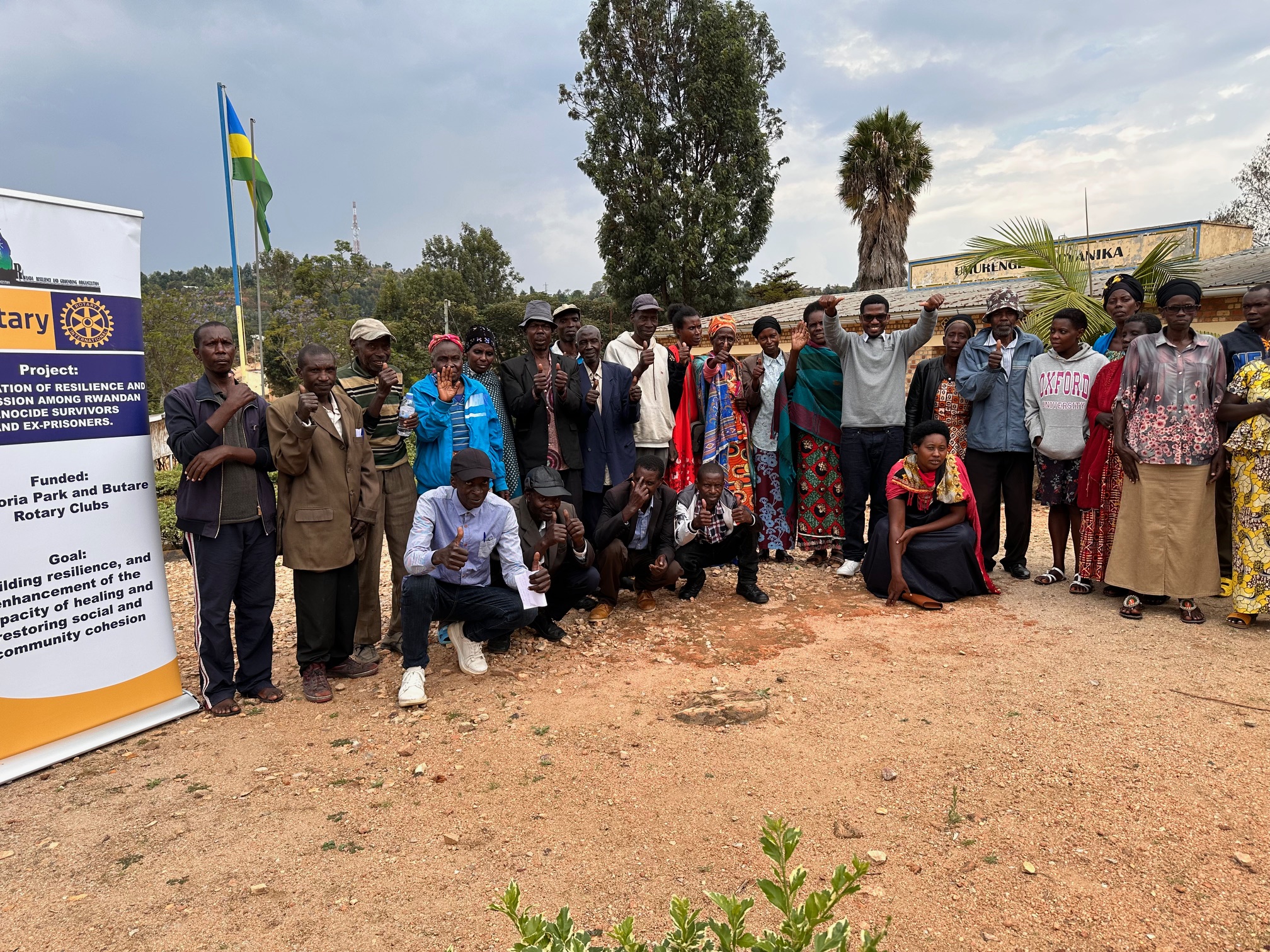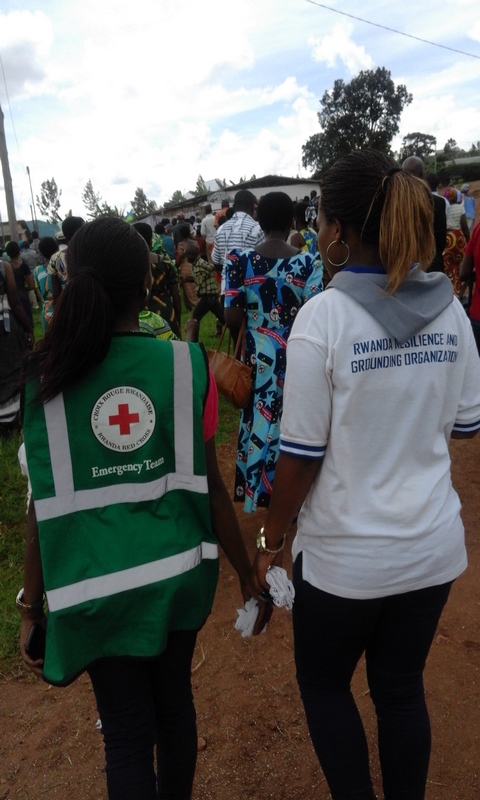“What I learned here is the key for cleaning the path from my house to the house of survivors whom I killed her family members.” Perpetrators who underwent Community Resiliency Model (CRM) training expressed profound shifts in their perspectives, acknowledging,
“I think I am not changed, and I am transformed. Look, I can sit with perpetrators. Surprisingly, we share resources and smile. I am not going to hide again. Rather, we are going to visit each other.” .” Another participant, a survivor of the 1994 genocide in Rwanda, shared,

Since January 2023, Rwanda’s Resilience and Grounding Organization (RRGO) has consistently empowered communities by implementing the Community Resiliency Model in the Nyamagabe district, Southern Province of Rwanda. These targeted interventions focus on genocide survivors and perpetrators( who have completed their sentences and returned to the community). The primary aim of these training sessions is to bring survivors and perpetrators together, fostering mental health healing, enhancing social cohesion, and cultivating the capacity to become mental health change-makers in their rural areas. Of the population involved, 88.5% have limited education, with most having completed only primary school and less.
The Community Resiliency Model intervention, incorporating laughter yoga, has significantly impacted this population. During the training sessions, participants collaboratively named the intervention in Kinyarwanda “Inzira y’Umutuzo,” translating to “The Pathway of Resilience” in English. Participants, including survivors and perpetrators, attest to the intervention’s efficacy in helping them rediscover the present moment and appreciate the positive aspects of their peers. This transformation was absent before the training.
Participants collectively expressed their commitment to supporting one another and extending this support to their family members. There is a shared desire to expand the intervention to include the children of survivors and perpetrators, aiming to break the cycle of transgenerational anger and trauma and fostering love and compassion within the younger generation. This initiative reflects a profound commitment to healing, reconciliation, and sustainable transformation within the community.




